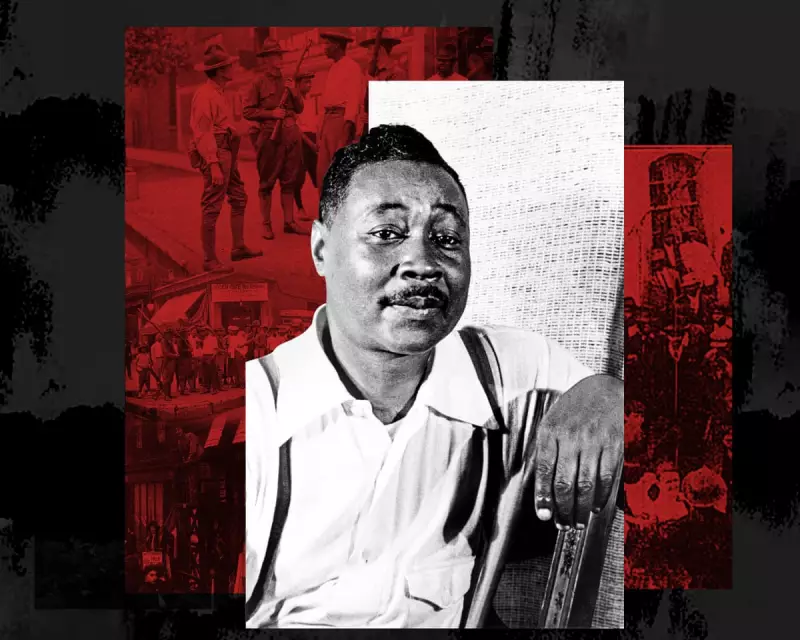
In the turbulent landscape of 1920s London, a fiery Jamaican voice emerged from the shadows of empire to challenge the very foundations of British colonialism. Claude McKay, now celebrated as a literary pioneer, was also a radical journalist whose searing critiques of racism and imperialism sent shockwaves through the establishment.
The Making of a Revolutionary Writer
Arriving in Britain from the United States in 1919, McKay found himself in a capital grappling with post-war transformation and simmering racial tensions. Unlike the romanticised image of London as the heart of civilisation, McKay encountered a city where colonial subjects faced discrimination and prejudice despite their contributions to the war effort.
His groundbreaking work with The Workers' Dreadnought, Sylvia Pankhurst's socialist newspaper, provided the platform for his most powerful journalism. Here, McKay developed his distinctive voice – one that blended poetic sensibility with political urgency.
Confronting Empire's Contradictions
McKay's journalism struck at the heart of British imperial hypocrisy. His 1920 article Socialism and the Negro remains a landmark text, arguing that racial equality must be central to any genuine socialist movement. He challenged white socialists who ignored or downplayed racism, insisting that the struggle against capitalism was inseparable from the fight against colonial oppression.
What made McKay's perspective unique was his position as both insider and outsider. As a British subject from Jamaica, he understood the empire's mechanisms intimately, yet his experiences of racism in America and Britain gave him a critical distance that few native writers possessed.
The Legacy of a Fearless Voice
Though McKay's time in London was brief, his impact was profound. His journalism:
- Provided early theoretical foundations for anti-colonial movements
- Connected the struggles of Black people across the Atlantic world
- Challenged both conservative and progressive establishments to confront their racial blind spots
- Paved the way for future Caribbean and African intellectuals in Britain
McKay's London writings demonstrate how journalism can become a weapon against injustice. His work reminds us that the most powerful writing often emerges from the margins, speaking uncomfortable truths to power.
Today, as we continue to grapple with questions of racial justice and imperial legacy, McKay's radical journalism from a century ago feels remarkably contemporary – a testament to his enduring vision and courage.





